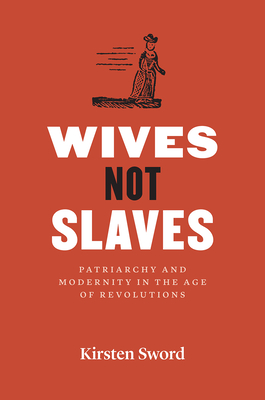Expedite your nonfiction book discovery process with Readara interviews, summaries and recommendations, Broaden your knowledge and gain insights from leading experts and scholars
In-depth, hour-long interviews with notable nonfiction authors, Gain new perspectives and ideas from the writer’s expertise and research, Valuable resource for readers and researchers
Optimize your book discovery process, Four-to eight-page summaries prepared by subject matter experts, Quickly review the book’s central messages and range of content
Books are handpicked covering a wide range of important categories and topics, Selected authors are subject experts, field professionals, or distinguished academics
Our editorial team includes books offering insights, unique views and researched-narratives in categories, Trade shows and book fairs, Book signings and in person author talks,Webinars and online events
Connect with editors and designers,Discover PR & marketing services providers, Source printers and related service providers

Wives Not Slaves: Patriarchy and Modernity in the Age of Revolutions
History > United States - Colonial Period (1600-1775)
- University of Chicago Press
- Hardcover
- 9780226757483
- -
- -
- History > United States - Colonial Period (1600-1775)
- (Single Author) Asian American
- English
Readara.com
Book Description
Kirsten Sword's richly researched history reconstructs the stories of wives who fled their husbands between the mid-seventeenth and early nineteenth centuries, comparing their plight with that of other runaway dependents. Wives not Slaves explores the links between local justice, the emerging press, and transatlantic political debates about marriage, slavery and imperial power. Sword traces the relationship between the distress of ordinary households, domestic unrest, and political unrest, shedding new light on the social changes imagined by eighteenth-century revolutionaries, and on the politics that determined which patriarchal forms and customs the new American nation would--and would not--abolish.
Author Bio
Kirsten Sword is an assistant professor in the Department of History; she is an historian of early America in the Atlantic age of revolutions, with particular interests in gender, race and the law. Her central intellectual concern is with the transformation of early modern household relations of dependence from assumed and accepted ways of ordering society into social and political problems.
Her IDAH project, Mapping Antislavery, is a geospatial database that tracks Quaker networks, itinerant people of color, antislavery propaganda, and courtroom challenges to slavery during the late eighteenth and early nineteenth-centuries.
The project maps long-hidden connections among antislavery activists and events, offering fresh perspectives on the rise of antislavery that hold broad significance for multi-disciplinary debates about emergence of humanitarian social movements. She will be developing a database structure that can be integrated with open-source geographic systems to generate maps and other tools for visualizing historical data.
The technical aim is to create a prototype for larger databases that will facilitate collaborative and cumulative social historical research.
Source: Indiana University
Videos
No Videos
Community reviews
No Community reviews

